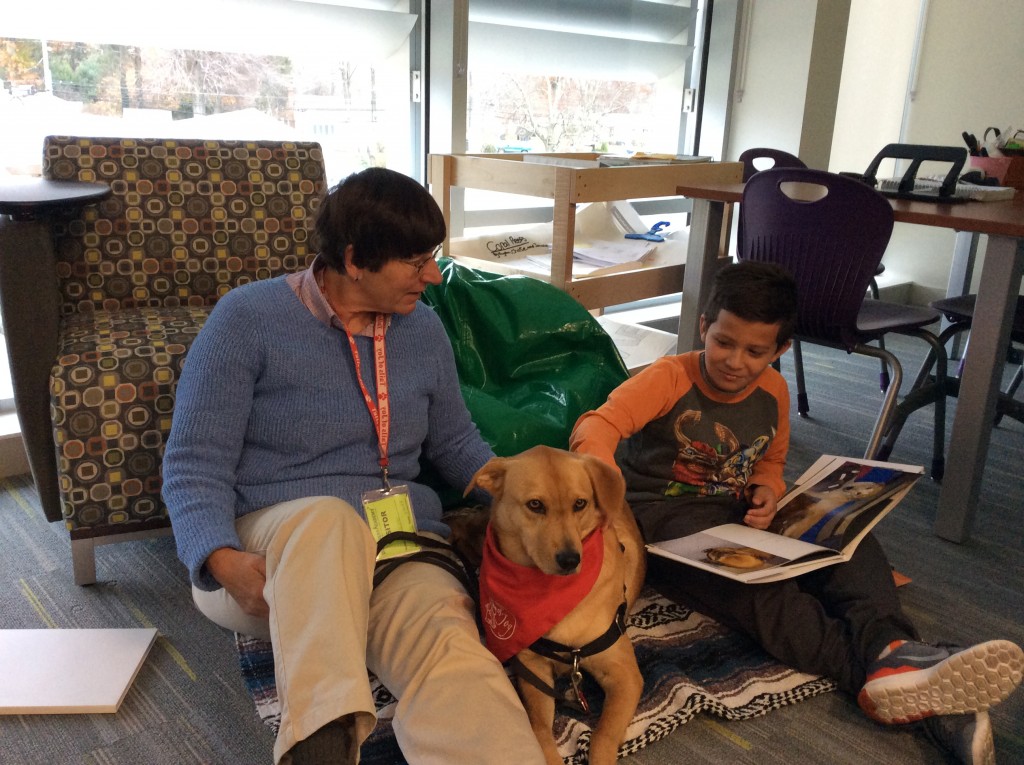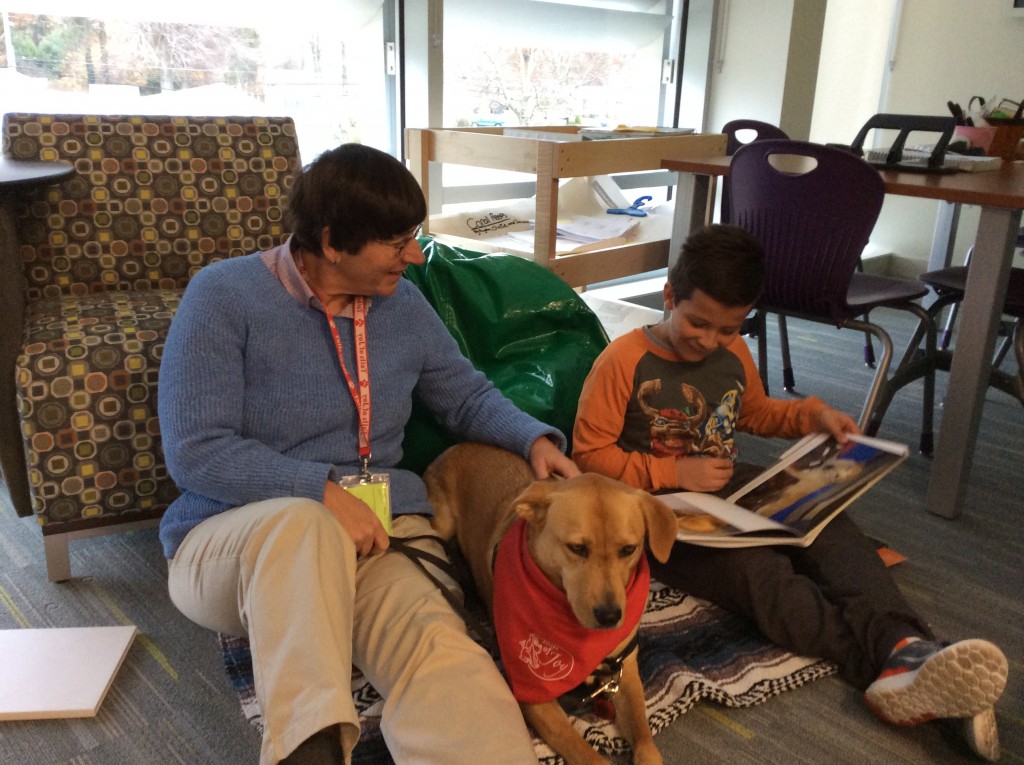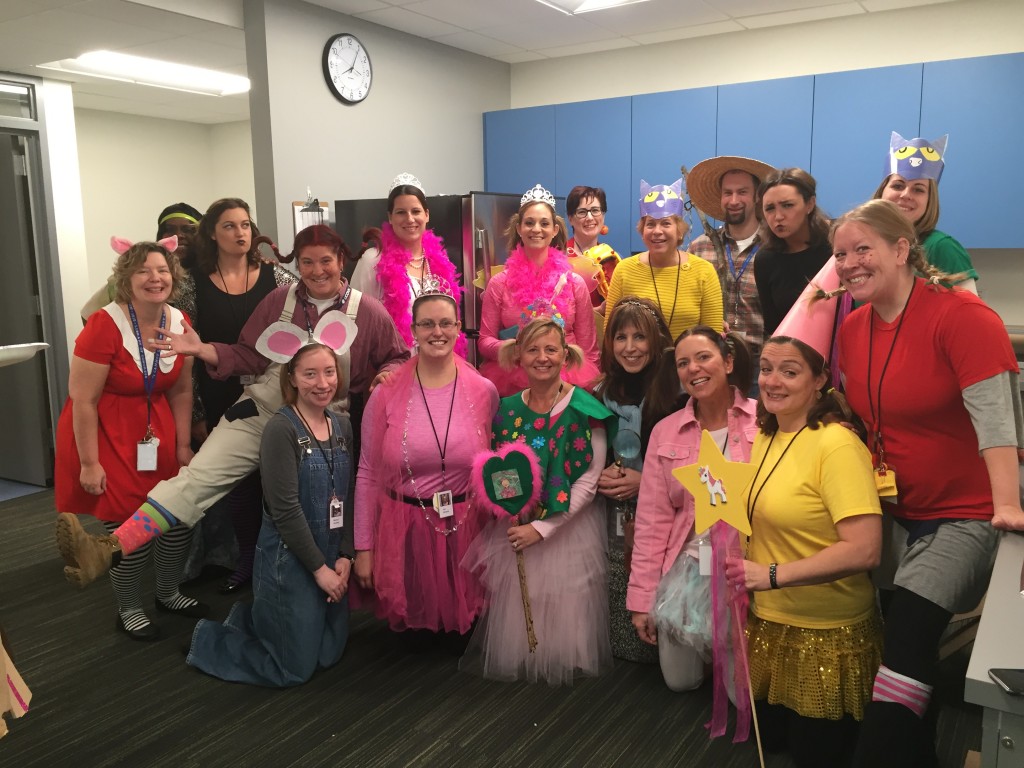This month, I’m focusing on strategies you can use for Integration of Knowledge and Ideas. My hope is that you find the outline of the standard and the simple activities you can do at home and easy bridge in helping build your child’s skills in these areas.
What it means: Within this strand, students will be working to compare and contrast details from stories, describe key ideas using details in informational text, and tell how two texts on the same topic differ.
How parents can help: For younger students, encourage your child to describe how the illustrations within a book support the story. Some questions to ask:
- Where did their mother go?
- Who are the characters?
- Where does the story take place?
- What is the problem/solution?
- What do we know about the characters?
- Does the setting change over time?
For older students, have fun reading different versions of the same fairy or folk tale. Talk about the similarities and differences between the two books. Then switch to nonfiction and read two books on the same topic. Compare the information in each, again focusing on similarities and differences. “Let’s look at each book and think about the words used to describe _______. How are the descriptions alike? How are they different?”









